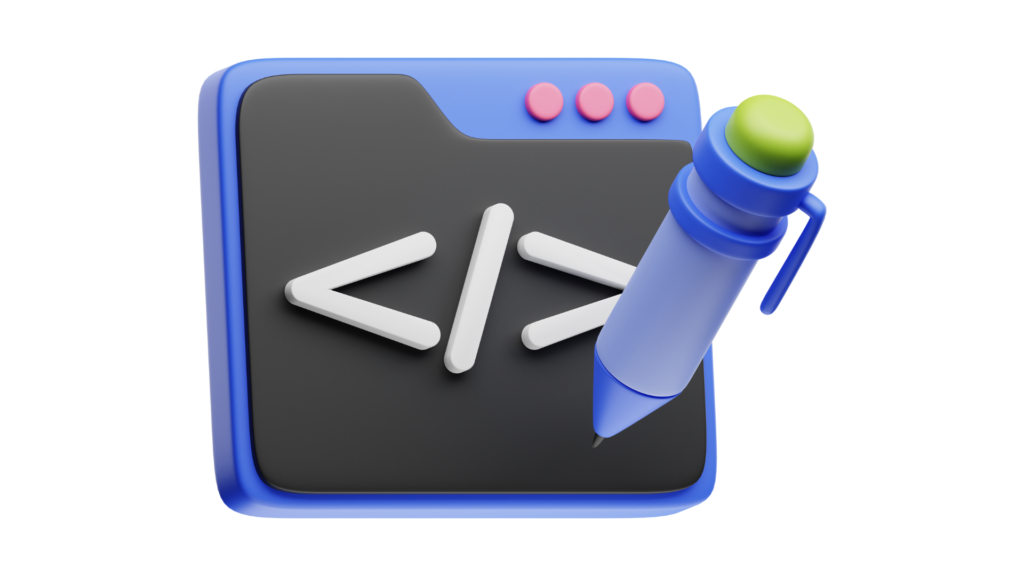
In today’s digital age, coding is becoming an essential skill for everyone, including primary school students. Just like learning to read and write, understanding how to code can open up a world of possibilities. Coding is not just about creating computer programs; it’s about developing problem-solving skills, creativity, and logical thinking. For young learners, getting started with coding can be both fun and incredibly rewarding. Let’s explore how coding is shaping the future and why it’s important for primary school students to start learning it early.

Coding teaches students how to approach problems methodically and find solutions. When writing code, you break down complex tasks into smaller, manageable parts. This process, known as decomposition, helps students understand how to tackle problems step by step. For example, creating a simple game involves designing characters, setting rules, and defining how the game reacts to players’ actions. Through coding, students learn to think critically and develop strategies to solve problems, skills that are valuable in all areas of life.
Coding is a powerful tool for creativity. It allows students to bring their ideas to life in ways that were previously unimaginable. Whether it’s designing a colorful animation, building an interactive story, or creating a fun game, coding offers endless opportunities for creative expression. Programs like Scratch, designed specifically for young learners, provide an easy-to-use platform where students can experiment and explore their creativity. By learning to code, students can turn their imaginative ideas into reality, fostering a sense of accomplishment and innovation.
Coding projects often require collaboration, teaching students the importance of teamwork. In many coding environments, students work together to develop projects, share ideas, and solve problems collectively. This collaborative process mirrors real-world scenarios where individuals with diverse skills and perspectives come together to achieve a common goal. Through coding, students learn to communicate effectively, listen to others, and contribute to a team. These experiences help build strong interpersonal skills and prepare students for future collaborative efforts in various fields.
As technology continues to advance, coding skills are becoming increasingly valuable in the job market. Many of the careers of the future will require some level of coding knowledge. By starting early, primary school students can gain a head start in developing these essential skills. Even if they don’t pursue a career in technology, the problem-solving, logical thinking, and creativity fostered by coding will benefit them in any field. Understanding the basics of coding can also demystify technology, making students more comfortable and confident in using and creating with it.

Coding is a vital skill that is shaping the future in many ways. For primary school students, learning to code can enhance problem-solving abilities, boost creativity, foster collaboration, and prepare them for future careers. Introducing coding at a young age sets the foundation for lifelong learning and adaptation in an increasingly digital world. Encouraging students to explore coding not only equips them with valuable technical skills but also empowers them to become innovative thinkers and creators. By integrating coding into the primary school curriculum, we can inspire the next generation to harness the power of technology and shape a better future.
